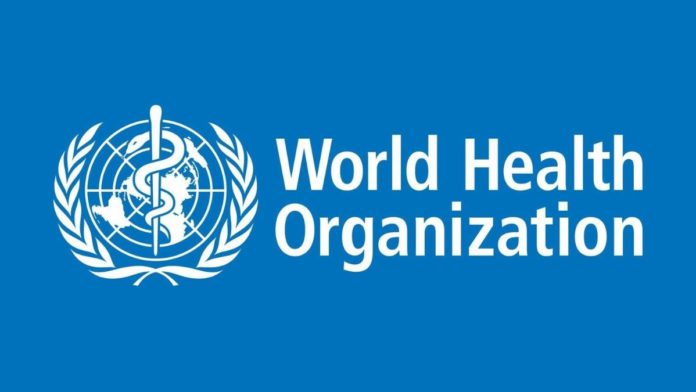The World Health Organization (WHO) recently published a report highlighting the benefits and dangers of artificial intelligence for older people. Many sectors, including public health and medicine, are being transformed by artificial intelligence.
The technology can aid in predicting health risks and occurrences and medicine discovery and personalization of healthcare management. Though AI has innumerable benefits, it also comes with multiple concerns and risks if precautions are not taken.
Older people may find it challenging to contribute to the appropriate governance and oversight of AI technology for health. The design and reach of artificial intelligence-powered products and solutions can also be limited by false assumptions about how older people want to live or engage with technology in their daily lives.
Read More: PUBG Creator Krafton to build AI-powered Virtual Humans
WHO proposed eight principles in the new document, including participatory design of AI technology by and with older people, age-diverse data science teams, age-inclusive data gathering, and many more.
Ethical challenges for healthcare institutions, practitioners, and recipients of medical and public health services must be addressed in order to fully enjoy the benefits of artificial intelligence. Unit Head of Demographics and Healthy Aging at WHO said, “To ensure that AI technologies play a beneficial role, ageism must be identified and eliminated from their design, development, use, and evaluation. This new policy brief shows how.”
She further added that in this discipline, societal implicit and explicit biases, especially those related to age, are frequently duplicated. It is of prime importance that AI-powered solutions that affect day to day lives of elderly people do not worsen or promote ageism. According to WHO’s document, ageism has far-reaching effects on all aspects of health, well-being, and the economy.


